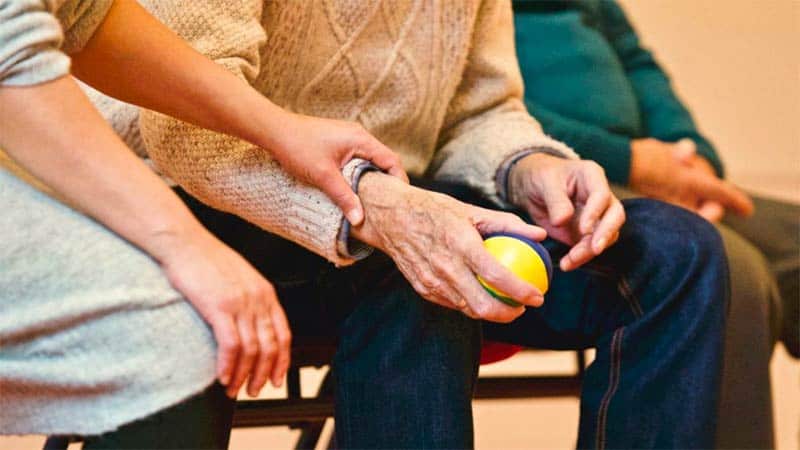Family caregivers of dementia patients need to be prepared for immediate changes in temperament. They need more support and respite care, and they need a better idea of what to expect in the days, months and years ahead. There are so many challenges for caregivers. However, there are a few things that you should know when caring for a loved one with dementia that will help.
Forbes’s recent article entitled “When Your Loved One Has Dementia: 3 Questions For Family Caregivers” provided three important questions to ask if your aging parent or family member has been diagnosed with a form of dementia.
What training must I have? When a parent, friend, or other loved one in your care is diagnosed with dementia, you should look to local healthcare resources for education and training.
The temperament of people suffering from a form of dementia can change swiftly. It can rapidly turn hurtful or even violent. However, there are things a caregiver can do to interact with them to help keep them calm. Ask their healthcare provider for suggestions or referrals. Learning ways to protect yourself and your loved one is important.
As a caregiver, do I have the legal standing to take care of this person? You should determine if your loved one has a will or living will in place, along with a healthcare power of attorney. These are documents that must be drafted and signed, before their dementia progresses to the point where it totally distorts your loved one’s thought process.
The documents provide instructions as how to care for them, according to their original wishes and avoid stress in the family, if disagreements arise. Contact an attorney as soon as possible to determine if these documents can be created. Otherwise, a guardianship and conservatorship maybe required.
How do I get help when I need it? Caring for an aging loved one can be a very tiring task. Tending to the needs of an aging loved one with a form of dementia is an even greater challenge. Begin planning now for self-care.
You can’t take care of a loved one with dementia, if your physical and mental health is wiped out and you are exhausted. Look at respite care options to give yourself the rest you’re going to need.
Getting these measures ready now can ensure that you are prepared for the future. Ultimately, if your loved one needs to be in a memory care facility, make sure you thoroughly research and consider all options before making the decision.
Reference: Forbes (March 23, 2020) “When Your Loved One Has Dementia: 3 Questions For Family Caregivers”


